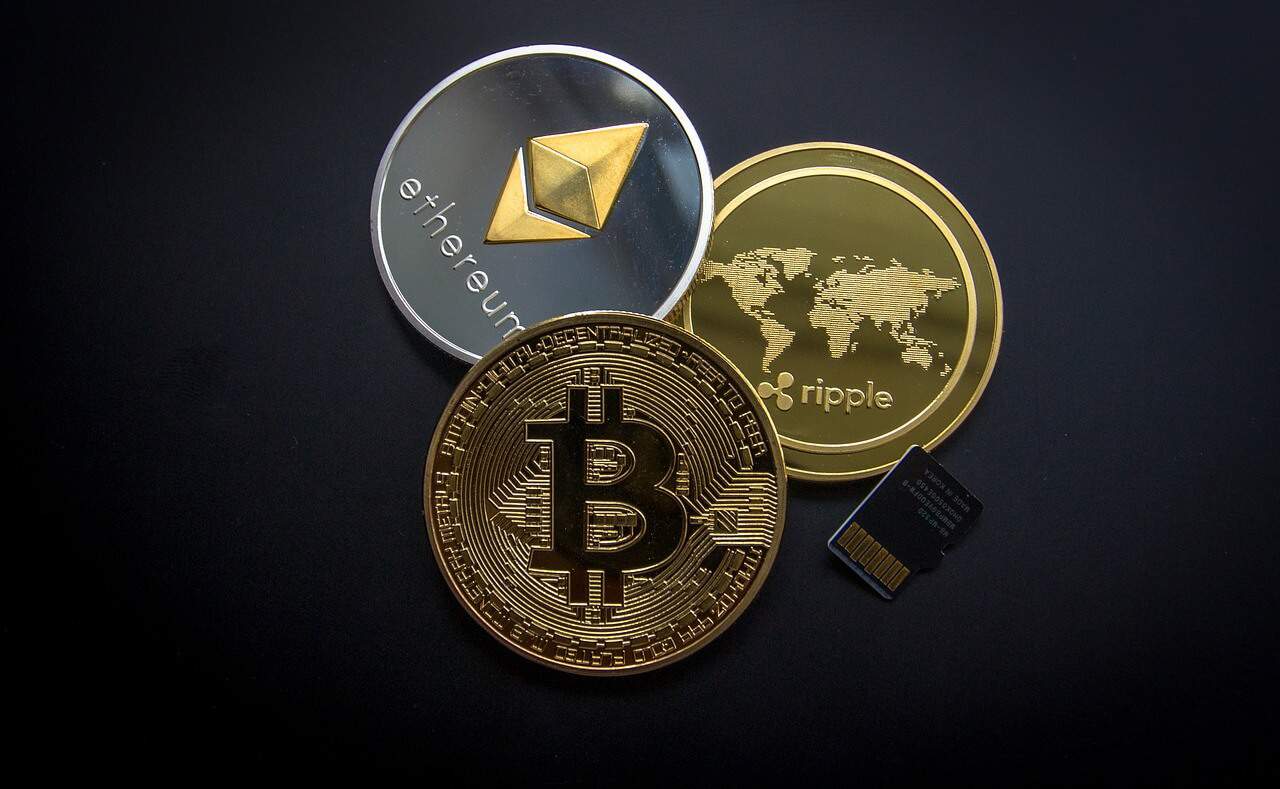VISA may have plans to adopt crypto
Following Mastercard unveiling their patent pending “fractional reserve” banking for crypto assets, VISA seems to be looking forward to crypto adoption too

Following Mastercard unveiling their patent pending “fractional reserve” banking for crypto assets, the CEO of Visa, Alfred Kelly, said that he “certainly” does not view cryptocurrencies as a threat to his business right now.
“If we have to go there, we’ll go there”, he chimed.
Cryptocurrency isn’t an Immediate Threat To Visa
Alfred Kelly aired his take on Cryptocurrencies while speaking to former hedge fund manager Jim Cramer on CNBC Mad Money. Crammer famously claimed a few months ago that the “sun has set” on Bitcoin and crypto assets.
Cramer, who co-founded TheStreet, Inc, first asked Kelly if his firm views on cryptocurrencies are a challenge to Visa’s dominance in the financial world. Kelly responded by saying, “Certainly not in the short to medium-term in any way, as I think that [the market needs to actually believe] that crypto is moving from being a commodity to really being a payment instrument. [There also] needs to be a market so that it can become somewhat like a fiat currency in order for us to be comfortable with it.”
Towards the end of the interview, however, Kelly admitted that Visa as a company intends to situate itself in the world’s leading financial mediums. “We want to be in the middle of every payment flow in the world,” Kelly said. His time on the show ended with the following comment: “If we have to go there (cryptocurrency), we will go there, but right now, it is more of a commodity than a payment vehicle”
Changing Views
Although Visa has so far stayed on the sidelines regarding crypto, other companies, such as Crypto.com, have introduced pre-paid cryptocurrency Visa cards to the public which are already available to residents of Singapore. The Hong Kong-based company is preparing to expand distribution to more countries.
Marc O’Brien, the former head of Visa in the UK and Ireland, seems to be more enthusiastic about Cryptocurrencies, in a recent media statement he said, “I strongly believe that cryptocurrency is about to go mainstream, and we can be pioneers”. O’Brien was appointed as the CEO of Russian-British cryptocurrency bank Crypterium in May of this year.
Mastercard Seeks Crypto-Backed “Fractional Reserves,”
Earlier this year, Mastercard, Visa’s foremost competitor, filed a U.S. patent that outlined a “method and system for linkage of blockchain-based assets to fiat currency accounts.” The patent’s aim of applying principles of fractional reserve banking to cryptocurrency had been viewed as a great threat by decentralization diehards.
Mastercard won a blockchain-related patent a few months ago despite having a mixed stand in the issue while signaling along with Visa that it classifies cryptocurrency and ICOs as “high risk.” The patent-pending technology will allow merchants to interact with what it calls “blockchain currencies” via a new method of simultaneous crypto and fiat storage. Specifically, reference is made to “methods for managing fractional reserves of blockchain currency.”
The company, through its patent application – “20180308092” – filed Thursday, October 25th, is hoping to apply principles of the fiat banking system, which it considers “are specially designed and configured to safely store and protect consumer and merchant information and credentials.” The patent filing reads: “[…]The use of traditional payment networks and payment systems technologies in combination with blockchain currencies may provide consumers and merchants the benefits of the decentralized blockchain while still maintaining the security of account information and provide a strong defense against fraud and theft.”
The concept has been hit with criticism for the use of fractional reserve banking – where there is no proof that a lender has the funds which correspond to a customer’s promised holdings – which is ironic since this already has a transparent solution in Bitcoin.
Conversations surrounding the health of the industry in 2018 has been dominated by the growing Institutional interest in the sector, but the technological advancements achieved during the same time cannot be ignored either. With new off-chain solutions for Bitcoin, mainnet launches of competing blockchains, and improvements on other established cryptocurrencies, the crypto-industry still holds lots of opportunities despite the depressed market.
Follow us on Twitter, Facebook, Steemit, and join our Telegram channel for the latest blockchain and cryptocurrency news





























